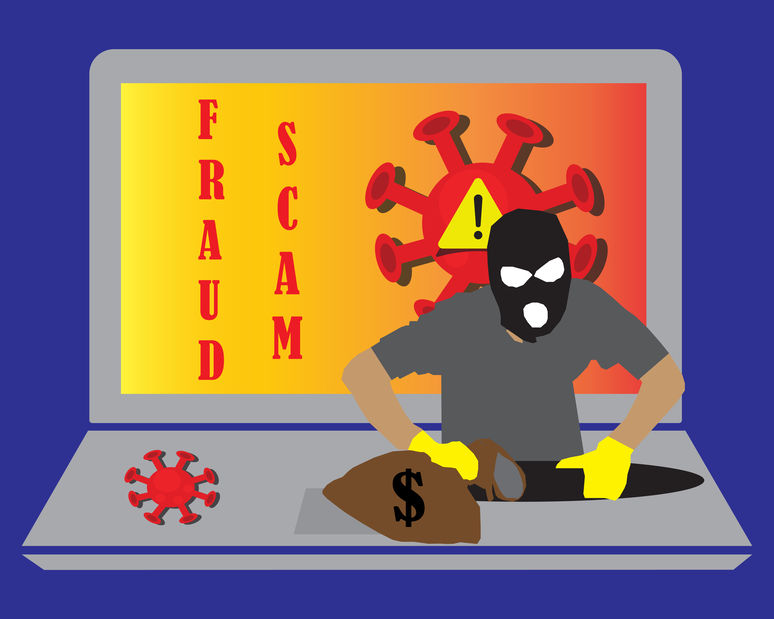Online attacks are at an all-time high. Los Angeles IT support professionals and other tech industry veterans insist the number of cyberattacks will only continue to soar in the years ahead. Hackers are targeting individuals, businesses, governments, and other entities. In particular, hackers are using coronavirus scams to swindle people and businesses out of money.
Phishing
Coronavirus phishing traps are on the rise. These messages convince targets to hand over sensitive personal or business-related information. If the scam is successful on a device that is not properly secured, the entire network could be attacked. Everyone who works at your office should be hyper-aware of emails that provide coronavirus-related advice and updates. When in doubt, lean on Los Angeles IT support specialists to provide cybersecurity guidance, training, and education.
Coronavirus Malware
Hackers are now finding their way into systems and networks with the use of coronavirus information. The digital thieves then steal information and redirect funds. Sadly, coronavirus malware attacks have not let up since starting all the way back in the winter of ’20.
Stimulus Payments Pertaining to the Pandemic
Digital miscreants are contacting customers by phone and email, requesting personal information, or even that the targets sign over their federal coronavirus relief checks meant to stimulate the economy and provide an economic lifeline. Scam artists are also targeting small businesses, promising federal disaster financial assistance when the true motive for reaching out is to obtain company information and even infiltrate the network.
Scams Relating to Contact Tracing
Contract tracers perform important work on behalf of state health departments. However, scammers are now imitating these essential workers in an attempt to pilfer funds, identity-related information, and other sensitive data. Your employees should be aware that real contract tracers strictly transmit text messages and emails stating they will be calling at some point in the hours or days ahead. These individuals will not ask for credit card information, Social Security numbers, or money. When in doubt, contact the state health department to verify the legitimacy of a supposed contact tracer.
Prepare Now with a Data Backup and Recovery Plan
If your business is targeted by coronavirus hackers, you will fare that much better if you have a data backup and recovery plan in place. This way, if the digital attack proves successful, you will have a recent copy of your data accessible to keep your business humming along like a well-oiled apparatus.
Our Los Angeles IT support team is here to help you avoid cybersecurity traps and attacks. Get in touch with us at Vitalpoints to find out how we can protect your business against cyber-attacks using managed IT services.


